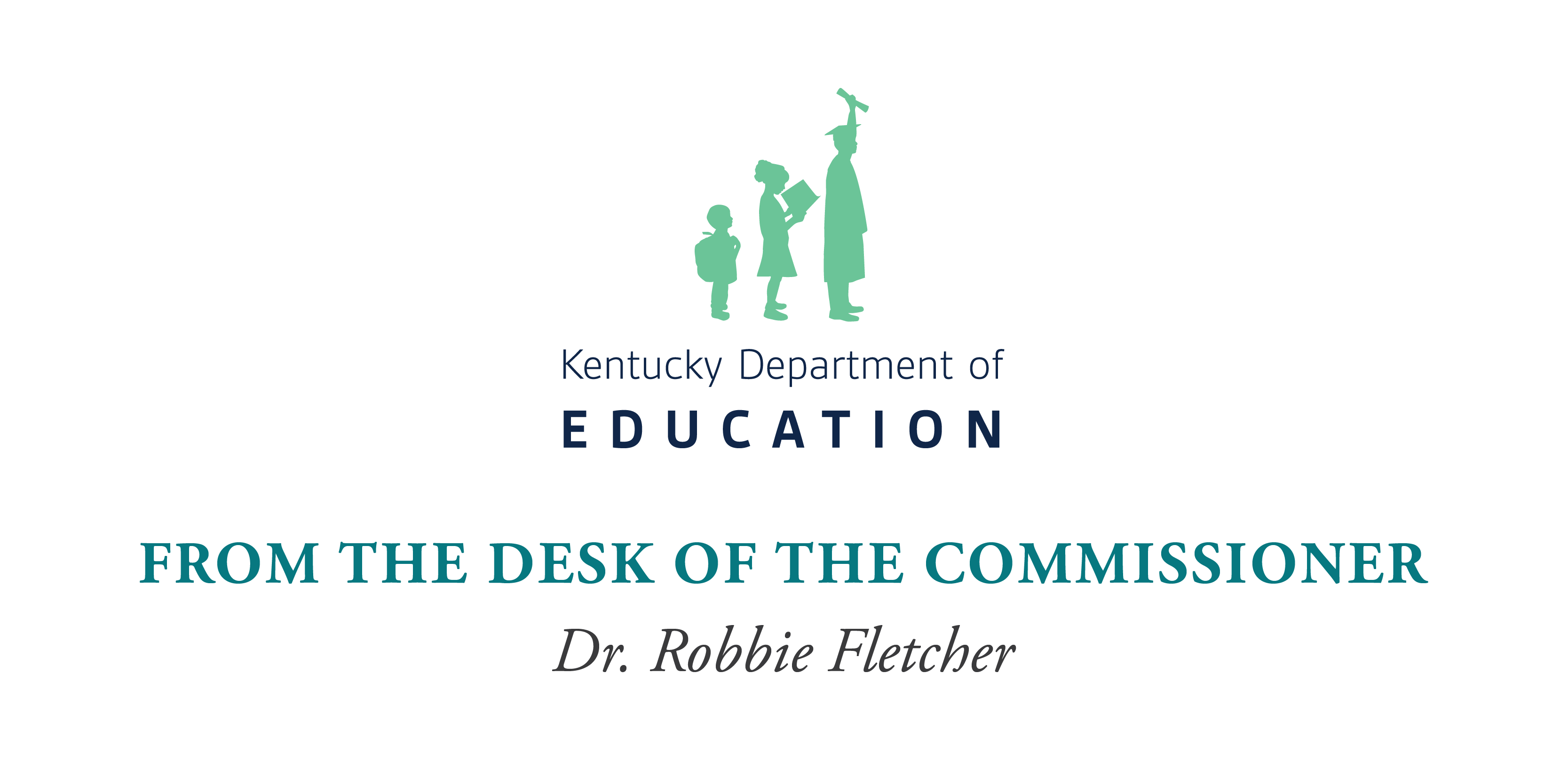- The Kentucky General Assembly, under KRS 161.048, enacted alternative routes to teacher and administrator certification for persons who have demonstrated exceptional work and/or educational experiences.
- Other business discussed included the need to find highly effective teachers to fill the growing number of vacancies throughout Kentucky.
By Jacob Perkins
Jacob.perkins@education.ky.gov
At its Oct. 28 meeting, the Education Professional Standards Board (EPSB) approved changes to the guidelines for an alternative teacher certification route known as option seven that will give institutions other than colleges, universities and school districts the ability to provide option seven training.
This option – established by the Kentucky General Assembly under KRS 161.048 – is aimed at people who have demonstrated exceptional work and/or educational experiences.
Rob Akers and Cassie Trueblood, of the Kentucky Department of Education’s (KDE) Office of Educator Licensure and Effectiveness (OELE), spoke about establishing guidelines for the institute alternative route, also known as option seven. Option seven allows a person in a field other than education to receive a one-year temporary provisional teaching certificate in elementary, middle school, secondary, grades 5-12 or grades P-12.
Candidates with a minimum of a bachelor’s degree in an academic content area, a 2.75 GPA, a passing score on the GRE or Core Academic Skills for Educators assessment and a passing score on the Praxis II academic content assessment in the area in which certification is being sought may be eligible for this pathway. Candidates will complete a training program through an EPSB-approved institution that addresses multiple research-based teaching strategies and practices.
The training requirements for elementary education is a 240-hour program. Those seeking a special education certification must complete a 240-hour program as well. Middle, secondary and grade 5-12 certification areas require 180 hours of training. An individual must complete half of the required hours before they can enter the classroom on a temporary provisional certificate.
“As we continue to discuss these option routes to certification, one that really hadn’t been on the radar until last year is our option seven program,” Akers said. “The best parallel is that it’s sort of like what Teach for America does. There’s a summer institute and then they will gain certification through that.”
Trueblood said KDE was approached by a potential option seven provider after the February EPSB meeting regarding the limitations of the draft guidelines. The guidelines stated that the program could only be provided by colleges, universities or school districts.
“Historically, that is how the board had limited this option,” Trueblood said. “This option was previously utilized for world languages and only utilized by Northern Kentucky University and the University of Kentucky. Those programs have since been closed and the option has not been utilized beyond that.”
As KDE staff looked deeper into the statute, Trueblood said, they discovered that the board was not required to limit providers to colleges, universities or school districts.
“The board does have the ability to approve the provider, as well as the content,” she said. “It does not limit the provider. So, there will be an update to the provider section of the guidelines that would allow other entities to submit option seven programs (to EPSB).
“However, even though it allows those other entities to submit programs, the board does still have to approve the program. All programs will have to meet the same requirements.”
The updated guidelines are now available and potential option seven providers can begin developing their own programs to come back to the board for approval.
Also discussed during the meeting was the Go Teach KY initiative. Go Teach KY is one of the ways that KDE is looking to recruit highly effective teachers to fill the growing number of vacancies throughout Kentucky’s workforce.
Go Teach KY addresses the teacher shortage affecting Kentucky by highlighting the pathways to alternative teaching certifications.
“Our Go Teach KY campaign is kind of the umbrella, led in OELE, to help promote the teaching profession and to get more folks into teaching,” Education Commissioner Wayne Lewis said. “It would be nice if we were in the situation in Kentucky where we didn’t have to have conversations about quicker ways to get people prepared to go into the profession. Unfortunately, that is not the case.
“There are literally kids in Kentucky classrooms who do not have certified teachers. The reason the conversation on alternatively certified teachers is so critically important is because there are lots of superintendents and principals across the Commonwealth whose choice is between somebody who is alternatively certified or a substitute teacher. This conversation is not ideal, but it’s important.”




Leave A Comment